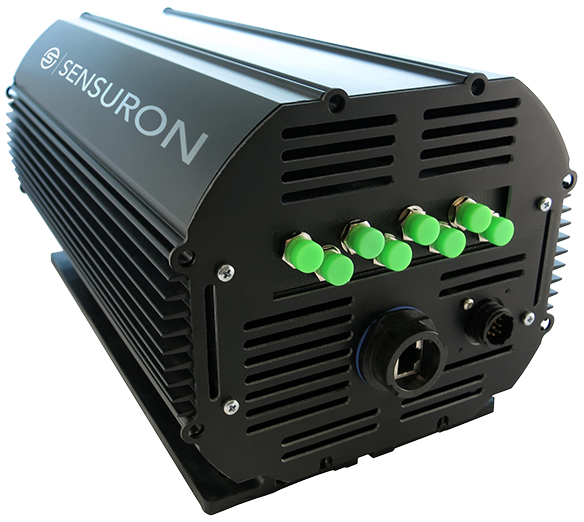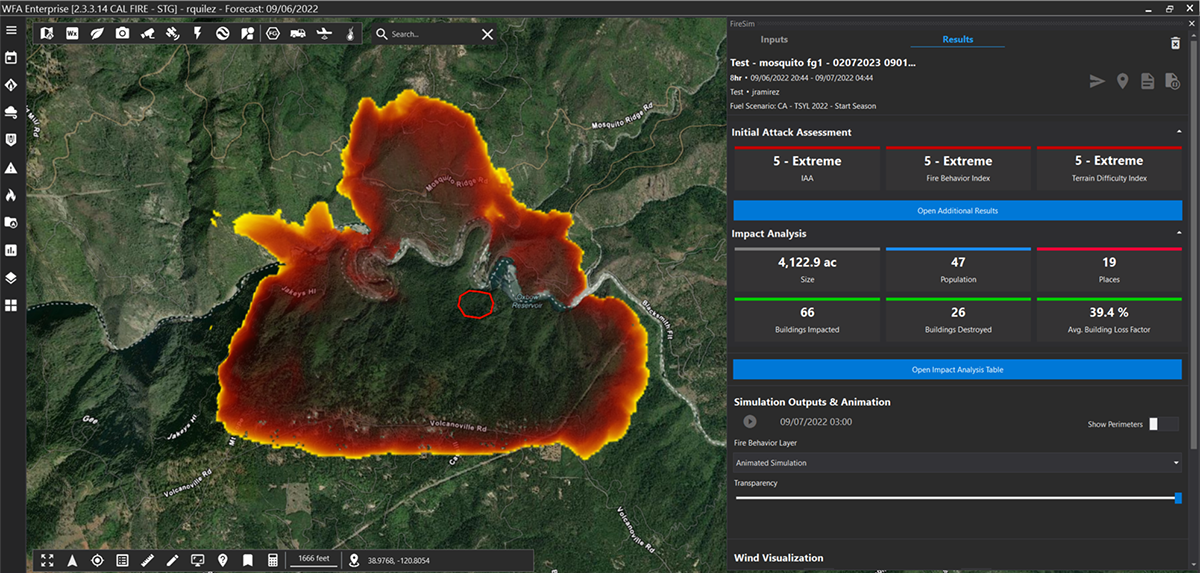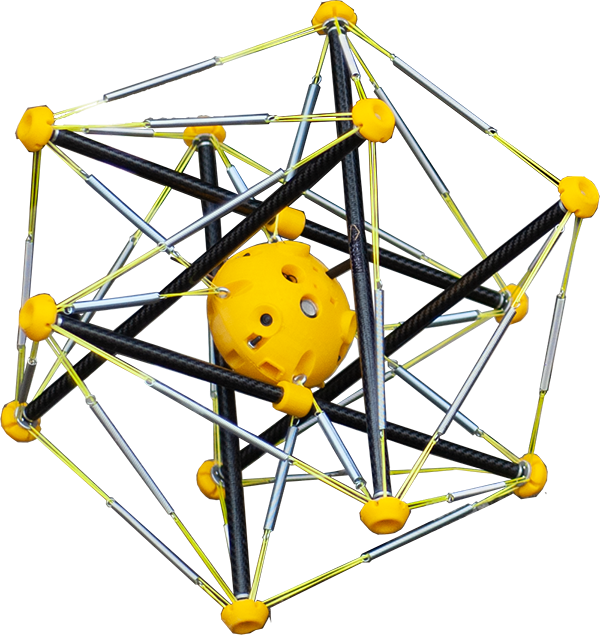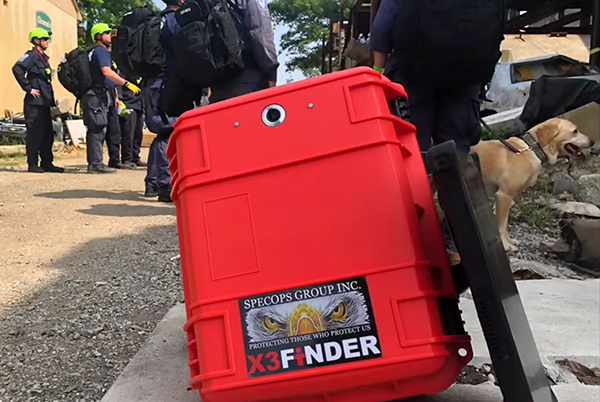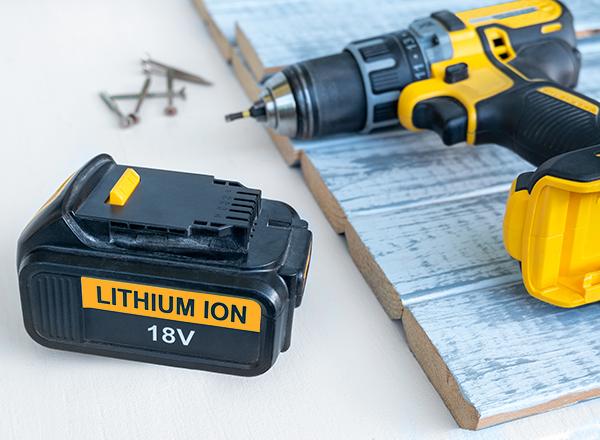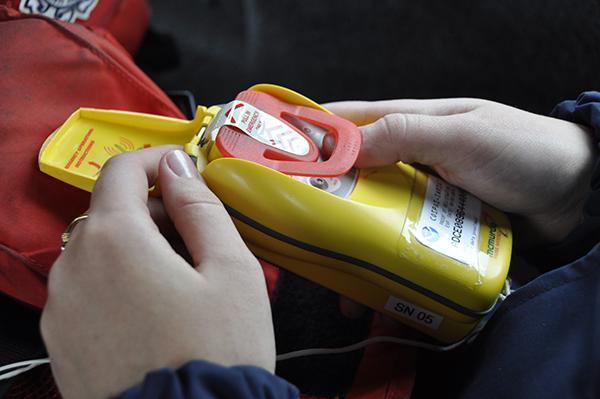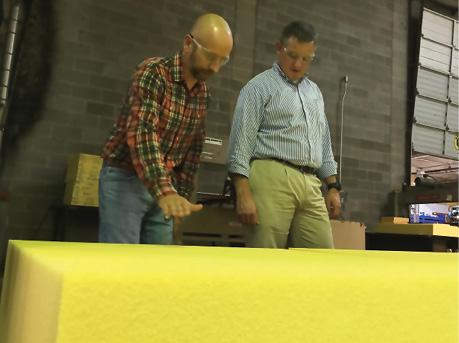Electrifying Development
It can happen in a split second. A lightning bolt strikes your home, sending a destructive pulse of energy through electrical wires. Expensive electronic equipment, such as satellite dish systems, antennas, television cable hardware, and even sprinkler systems can be damaged. The statistics are shocking in themselves. A hundred times per second of every minute of every day, lightning strikes the Earth. One outcome is over two billion dollars worth of damage, caused each year by lightning in the United States alone.
A defense against lightning has been invented, brought about with assistance from Kennedy Space Center and Marshall Space Flight Center engineers.
This success story began to emerge in 1979, with inventor Sam Gasque of Flat Rock, North Carolina, creating the all-in-one cable for home satellite systems. His idea was to take the many loose wires used to power the satellite dish and package them into one single, neat, direct-buriable cable.
However, reports of damaged satellite dish equipment due to lightning strikes prompted Gasque to redesign his product. That redesign led to lightning retardant cable, a product that works in part to cancel magnetic field effects generated during a lightning strike. Gasque contacted engineers at the Kennedy Space Center, seeking help to validate his revamped invention. Further fine-tuning of the design made it all the more functional.
In a quest for further help, Gasque turned to the NASA-Southern Technology Application Center (STAC) at the University of Florida. Through the NASA-STAC, Gasque was able to review research on lightning protection of the Space Shuttle and its launch pad. Gasque used STAC resources to also look for information on all worldwide patents on lightning protection involving cable. Over a foot-and-a-half high stack of information about the topic was compiled.
One search result led to Lightning Technologies, Inc., of Pittsfield, Massachusetts, a group who had previously done lightning tests on the Space Shuttle. Gasque contracted the firm to test his lightning retardant cable, an evaluation which showed his product offered between a 700 percent and 1,480 percent improvement over standard cable.
Gasque's tie to NASA and Space Shuttle research helped validate and improve the lightning retardant cable, making it all the more marketable through his company, Consumer Lightning Products/GS Cable, Inc., situated in Flat Rock.
The lightning retardant cable has since been installed in several homes on a South Carolina island that has a history of frequent lightning strikes. The cable's performance was monitored for several years, during which it took several direct hits. Gasque said not once was lightning carried into the homes through his cable innovation.
After an exhaustive campaign of research and development, the cable product has entered the consumer market. Inroads are being made in the commercial industry, specifically in airport lightning systems. Successful installation of the lightning retardant cable can also provide surge protection in power lines, telephone lines, and off-air antennas or cables. As for satellite dish systems, in all cases where lightning struck an installation, the properly grounded lightning retardant cable prevented the equipment from being damaged--even in situations where telephones and televisions were destroyed.
Pre-packaged kits of the protective cabling are being sold. Consumer Lightning Products has employed the handicapped and physically disabled to assemble and bundle up the do-it-yourself kits. In the hands of a customer, installing the cable system to a homeowner's satellite dish and receiving equipment is simple, taking approximately one hour.
First year sales, reports Gasque, are expected to exceed $10 million, with a volume of $200 million by the fifth year. The manufacturer hopes to establish a new manufacturing facility in northern Georgia or western North Carolina to accommodate demand.
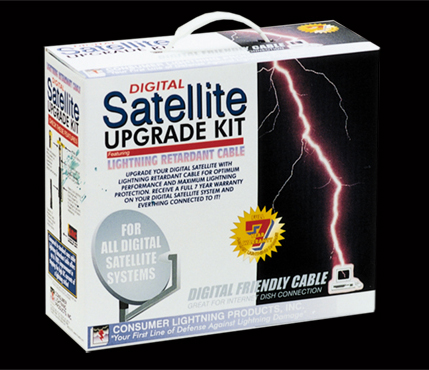
Consumer upgrade kits for protecting small satellite dishes benefited by research on preventing lightning strikes to the Space Shuttle and its launch pad.
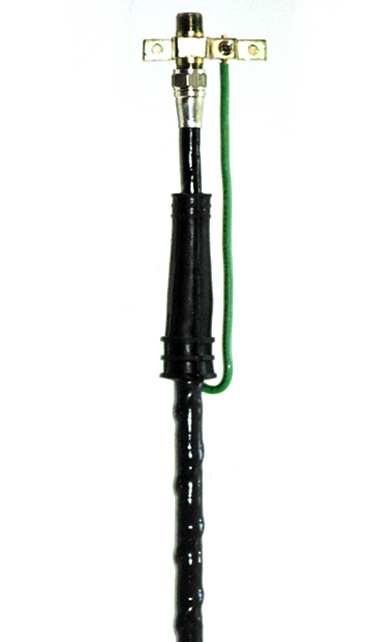
Lightning protection cable system can thwart the destructive pulse of a bolt out of the blue.




